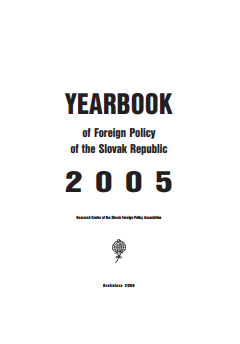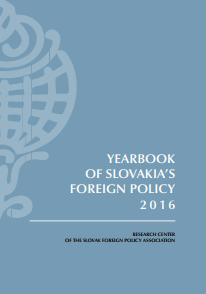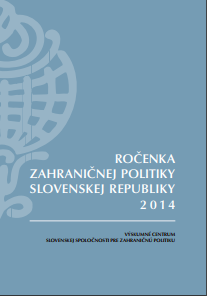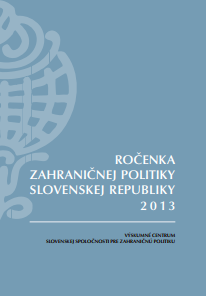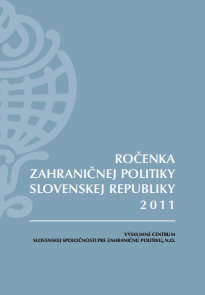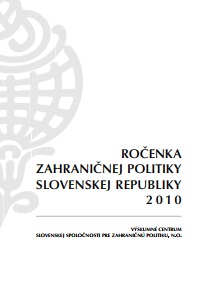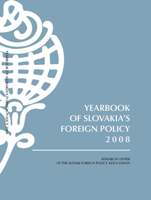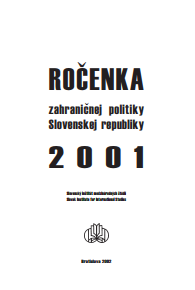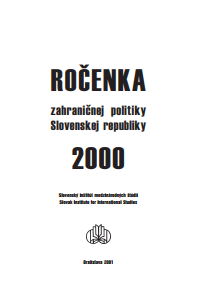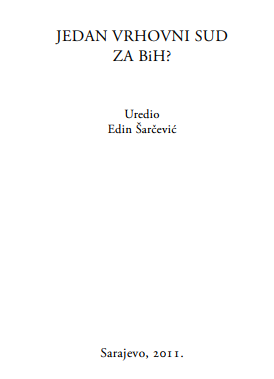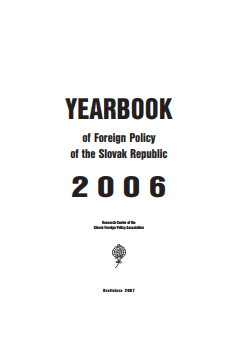
NATO and Slovakia
The shifts in the global security environment and new security threats have brought a deepening of intergovernmental cooperation within the existing integration groups. Besides the reform of NATO, they have also brought about the strengthening of the security and defense dimension of the European Union. On the grounds of their experiences from Bosnia and Herzegovina (from 1995), Kosovo (from 1999), and Afghanistan (from 2003) and under the pressure of the current security threats, the member states of NATO are gradually coming to terms with the fact that the deployment of military instruments of crisis management represents the most effective means in the case of extensive future crises and high-intensity conflicts, if diplomatic efforts were to fail. Appropriate attention is also dedicated to civil instruments of crisis management considering that their coordinated deployment along with military instruments represents the most effective means of prevention and elimination of security crises and conflicts. The Slovak Republic began to materialize these current trends which were taking place in NATO after its accession. NATO and the EU have become the most important platforms for the realization of Slovakia’s foreign, security and defense policies as well as instruments for the implementation of Slovakia’s interests and goals. In these terms, it is the prime interest of the Slovak Republic to contribute to the effective distribution of work between both organizations and prevent their mutual competition and subsequent weakening. From Slovakia’s point of view the rivalry between individual member states of NATO and the EU, which could lead to the paralysis of their operability and a loss of credibility of both organizations, represents the greatest threat.
More...
